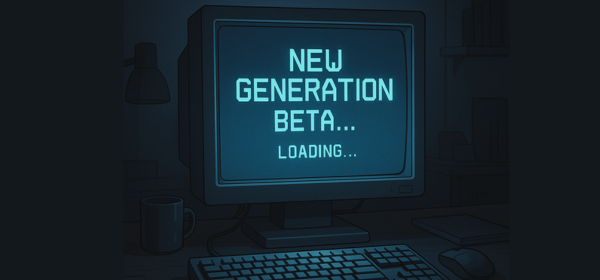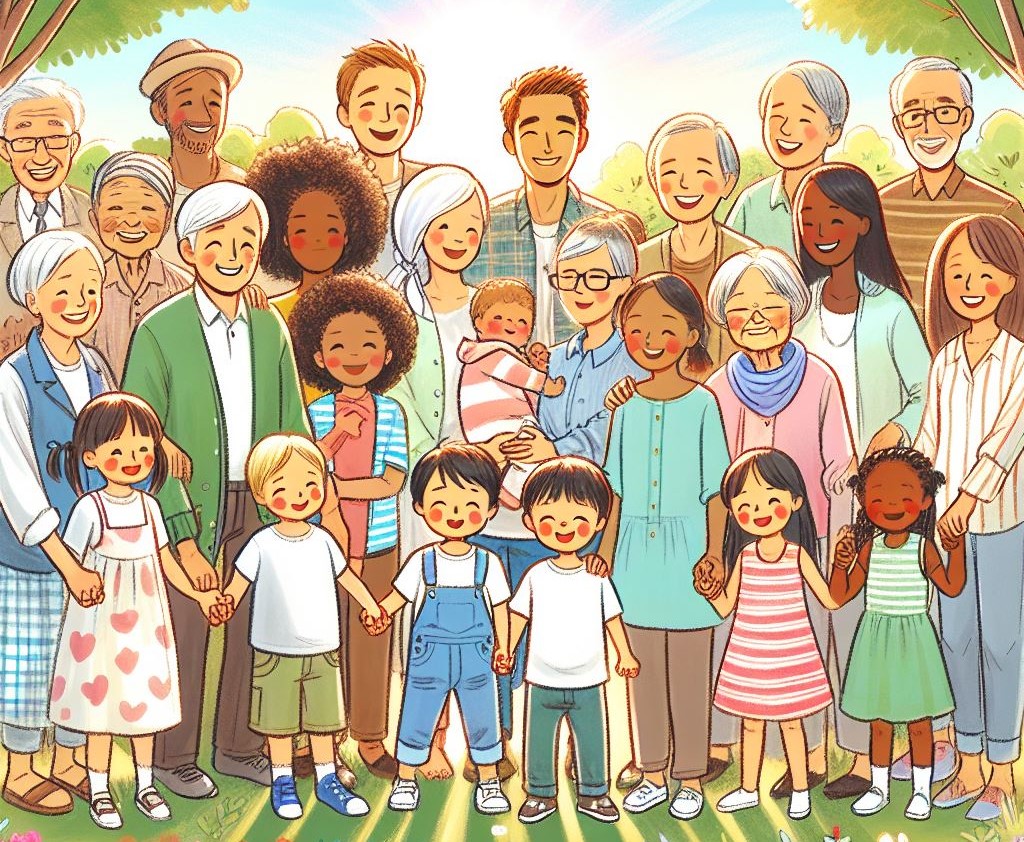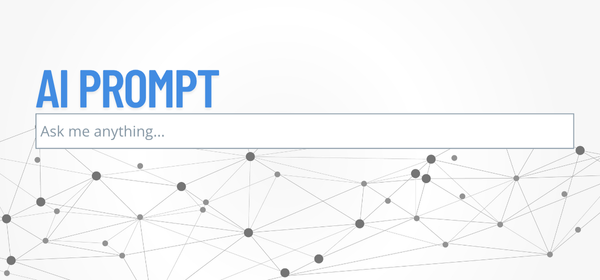The Rules of Business are being Re-Written,
will you be erased?
Article written by Craig Wing for the Webmagazine Octave.
Craig is a partner of FutureWorld international, assisting companies future-proof themselves and create their future and culture to survive the emergent world of technology, customer changes and “New World or Work.”He has a BSc (Eng), MSc and MBA, started 4 companies has 2 provisional patents and helped over 1,000 entrepreneurs. At Google, he launched Woza online where SME’s created 50,000 websites: one every 10 minutes. He is a Desmond Tutu Fellow, WEF Global Shaper, Destiny Man Top 40 under 40, TEDx speaker and profiled at the Clinton Global Initiative. He is the youngest graduation speaker at the University of Johannesburg, South Africa.
The rules of business are being rewritten. Think about work 10 years ago: the norm was to start at 8am, work for four hours, take an hour lunch, then another four hours. There were deviations, primarily in Mediterranean countries where the lunch break would be longer (siesta anyone?) and then the last “shift” of work would be correspondingly later. It meant you had to physically be there early and leave late to demonstrate “commitment” and “work ethic.”
 Have you considered why? These origins stem from the agrarian days when work started at dawn, you toiled the fields, took a lunch break when it was the hottest then continued until sunset when you herded the animals back and traversed home. As for the siesta: it’s typically to avoid the hottest time of the day in regions where the sun sets later hence suspending work till it becomes cooler.
Have you considered why? These origins stem from the agrarian days when work started at dawn, you toiled the fields, took a lunch break when it was the hottest then continued until sunset when you herded the animals back and traversed home. As for the siesta: it’s typically to avoid the hottest time of the day in regions where the sun sets later hence suspending work till it becomes cooler.
This outdated perspective is even more pronounced in a future full of self-driving cars, artificial intelligence, virtual workforce, gig economy, and decentralized and distributed work. While the world (primarily driven by the Internet) has changed, the rules of business have not.
The future workforce driven by a new Millennial generation are unaccustomed to the old rigid rules of work–timesheets, set hours, limited access to technology, hierarchy and pure profit motives–will mean companies must adapt or die. Individuals are “T-shaped” with a broad experience (“horizontal” of the T) but deep expertise in one area (“vertical” of the T). Each “T” would historically be classed as a role. Whereas in the old world, employees would be one deep vertical line; Millenials are several “T’s”–each a different experience. This would usually be classified as job-hopping and cause a problem for HR! However, this is the new norm, since Millenials are not after the “job,” but “experiences.”
Further we would perceive Millenials as bereft of loyalty. Millenials are not disloyal; the same companies expected their parents to work for years, sacrifice time, blood sweat and tears then be fired at the whim of a senior executive seeking to extend shareholder value. If the company isn’t loyal to them, why should they be loyal to it?
To keep, and attract, the best possible millennial, employers can’t focus on just the role or a higher paying salary, but rather on company culture. This is inexplicably linked to the vision and the corresponding values. This vision isn’t about profit or shareholder value; rather it’s a dream that aids society and excites and energizes employees to get up each morning. The authentic values are the ones that you’ll hire and fire by, not those in reception areas and shareholders documents. If you create this vision and culture to align with your strategy–one beyond profit–millennials will happily take a pay cut, and work longer hours to be part of a greater cause. For them, there is no such thing as a work/life balance: Work and life are interchangeable and the same.
With this in place, you should then focus on the internal processes to remove hierarchy and bureaucracy to realize improved results and efficiencies. The companies that win will be those that embrace speed as the new currency supplemented by the ability to put people decisions over process. This is beyond “lean” or “agile” and fundamentally rewrites the DNA of the company to be entrepreneurial, innovative and risk accepting. This same philosophy needs to extend into the hiring process and resonate the same ethos with vendors, partners and your ecosystem.
Only once we have achieved this can we talk about technology. Artificial intelligence will eradicate entire industries. Today they can do the jobs of 30,000 lawyers, diagnose disease at a higher accuracy rate and replace entire call centers. Those careers with a high level of specialization are most at risk of AI disruption–the same skills of the “vertical of the T” further justifying the need for T-shaped individuals.
Beyond AI, robotics will replace physical workers, augmented/virtual reality render physical proximity obsolete, and self-driving cars and gig economy workers enhance a virtual workforce.
What is the imperative of leadership in a world shaped by these gargantuan earthquakes? We cannot escape the march of technology: we must embrace it. Use technology to make us more human, to supplement our humanness: creativity, relationships, empathy, passion and emotion. To be relevant in the future, we must embrace our very humanness while using technology as a tool.
The rules are being fundamentally rewritten with a new kind of employee, the need to align your culture and strategy and unleash your humanness through technology. Only then can you start the journey to drive a new business beyond profit. Not only are the rules of business being rewritten, but the very reasons for business are.
.
If you would like to have a more in-depth conversation on the ideas and opinions expressed please contact Craig at craig@futureworld.org
.
Share this Post











